‘Things can slip out of control,’ China says of North Korea tensions
China has once again warned that the tensions involving North Korea could slip out of control, as a war of words between Washington and Pyongyang remains likely to turn into a war of bullets.
Chinese Foreign Minister Wang Yi said on Thursday that there was a danger that the situation could sharply escalate.
His warning comes amid heightened tensions on the Korean Peninsula. The US has sent a strike force, including a large aircraft carrier, to the region and has started installing an advanced missile system in South Korea. The North has been conducting military drills to signal that it is combat-ready. In the meantime, the US and North Korea have been busy trading threats of military action.
US President Donald Trump admitted on Thursday that there was the possibility of a “major, major conflict” with the North over its missile and military nuclear programs.
“There is a chance that we could end up having a major, major conflict with North Korea,” he told Reuters, adding, however, that Washington preferred a diplomatic resolution of the tensions.
A shift in posture?
Since taking office as US president, Trump has taken a very harsh stance toward North Korea. His administration has declared an end to America’s “strategic patience” with the North, adopted a harsh rhetoric, and has most recently dispatched the strike group. All of such posturing has worked to make war look likely.
But more recently, and despite continuing threats of military action, the US seems to be slightly shifting to a non-military approach, possibly because of a closer study of the potential consequences — including the casualty levels — of an actual war with North Korea.
The Trump administration has been more actively seeking to enlist the support of China — North Korea’s major ally — to denuclearize Pyongyang.

Trump’s Secretary of State Rex Tillerson has specifically been pushing China to apply more economic pressure on North Korea.
Reports say Tillerson will on Friday be pressing the United Nations Security Council for stronger sanctions against North Korea.
“They [the Americans] are now in the phase of working out what the best way to do that is,” said a senior council diplomat, speaking on condition of anonymity. “It was left hanging that there clearly would be a military solution if needed.”
On Wednesday, Tillerson, US Defense Secretary Jim Mattis, and US Director of National Intelligence Dan Coats even said in a joint statement that the US was open to negotiations with North Korea on its military nuclear program.
Washington opposes Pyongyang’s missile and military nuclear activities, which North Korea says act as deterrence against a potential invasion by its adversaries.
China, also concerned by the North Korean nuclear activities, has already banned imports of North Korean coal. But it has repeatedly promoted dialog to resolve the issue and urged all sides to exercise restraint.
The North is under harsh international sanctions.
South Korea ‘will not pay’ for US missile system
In a related development, South Korea said on Friday that it would not be paying for the American missile system that is being installed on Korean soil, as suggested by Trump.
The US president had said it would be “appropriate” for Seoul to pay for the High Altitude Area Defense (THAAD) system, whose first parts arrived in South Korea for installation on former golf course on Wednesday.
“I informed South Korea it would be appropriate if they paid. It’s a billion-dollar system. It’s phenomenal, shoots missiles right out of the sky,” Trump has said, attempting to justify the proposal in his usual, crude style.
Seoul however replied that under the Status of Forces Agreement that governed the US military presence in South Korea, the South would provide the THAAD site and infrastructure while the US would pay to deploy and operate it.
“There is no change to this basic position,” South Korea’s Defense Ministry said in a statement.
The missile system, which has sparked opposition inside the country as well as in the region, will be operational “within days,” according to US officials.
IRGC: Gaza truce ‘irreparable defeat’ for Israel, great victory for Palestinians
Iran, Tajikistan presidents oversee signing of 23 MoUs to boost ties
Tehran rejects Elon Musk’s role in release of Italian journalist as ‘media fantasy’
Pezeshkian: Iran open to talks but fully prepared to crush enemy if attacked
Araghchi: Iran-Russia strategic deal step toward ‘more just world’
UNRWA unraveled amid Israel's allegations, reduced intl. support
Palestinian journalist, a Sobh Media Festival awardee, killed in Gaza hours before truce
Jan. 15: ‘Axis of Resistance’ operations against Israeli occupation


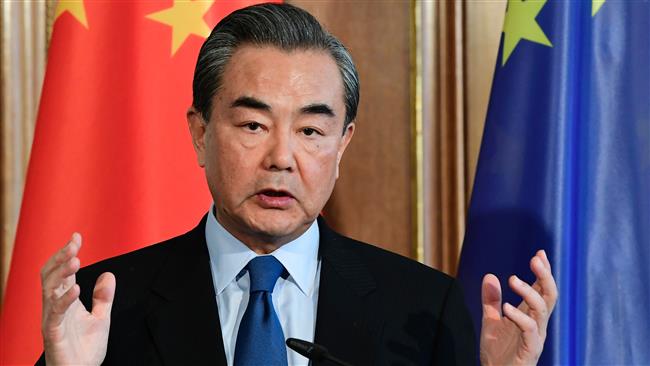

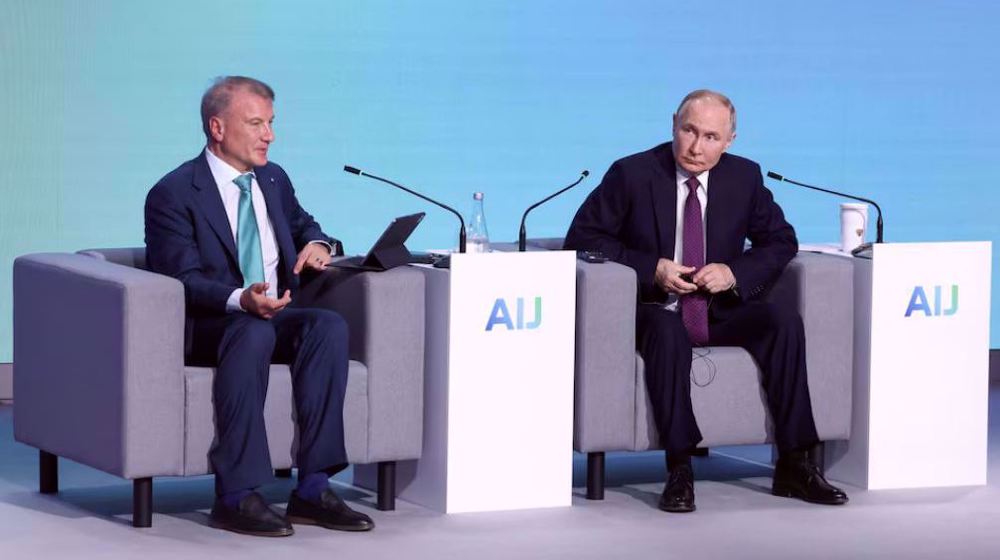
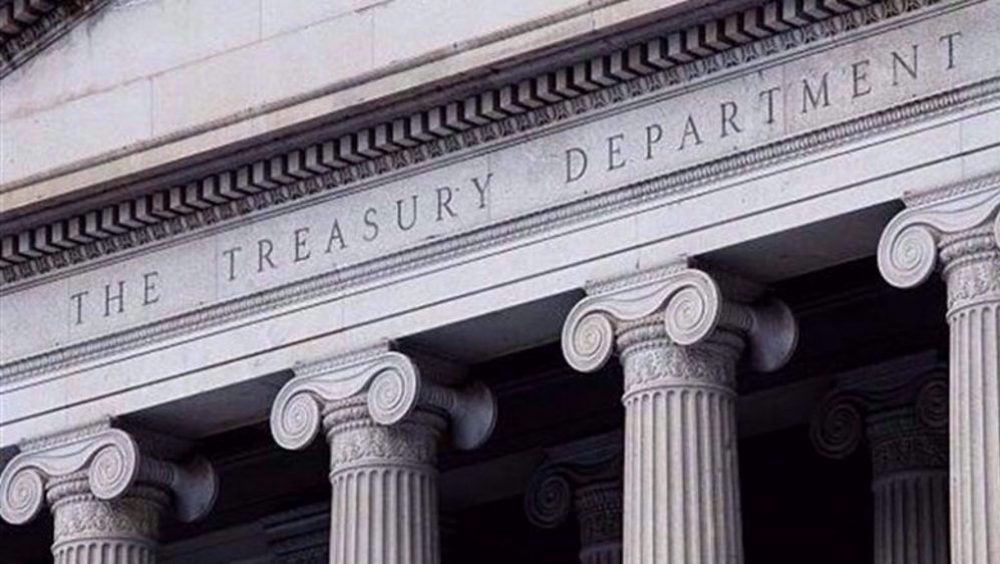



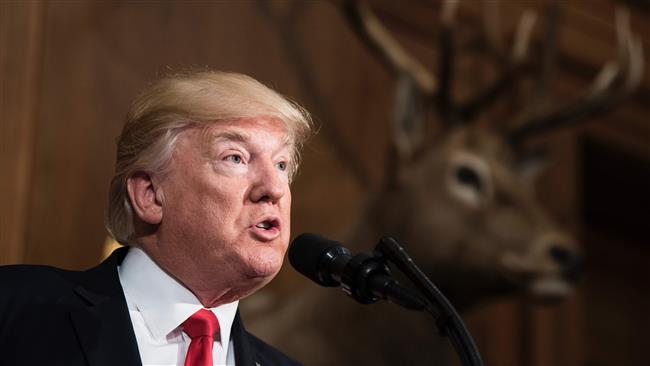
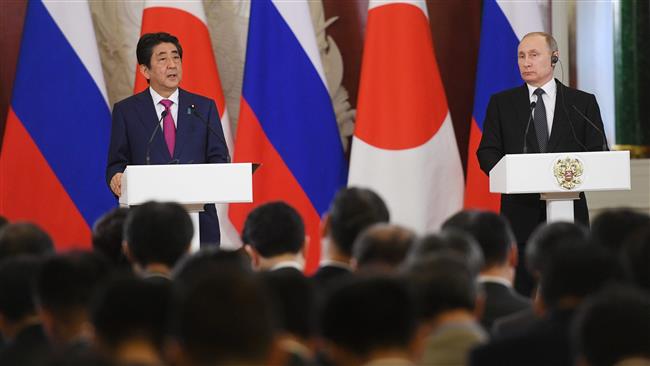
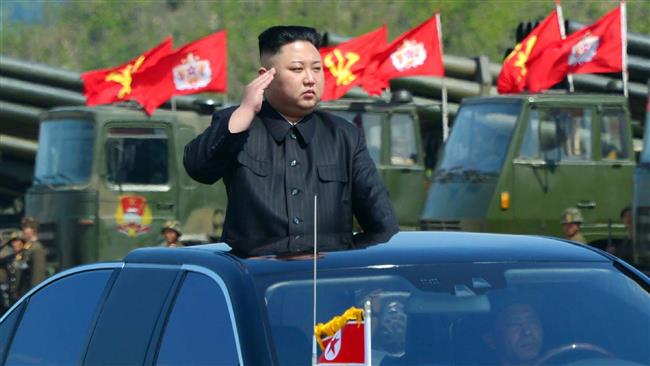
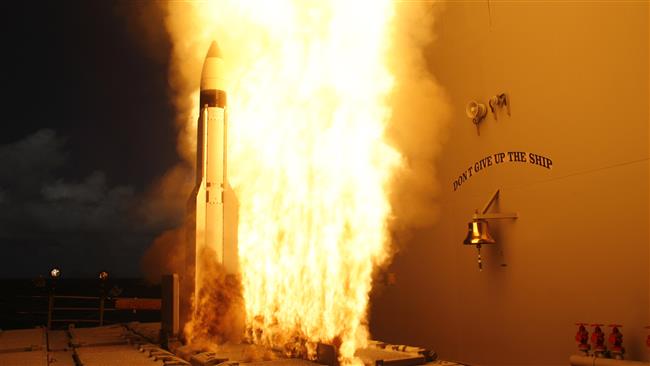

 This makes it easy to access the Press TV website
This makes it easy to access the Press TV website